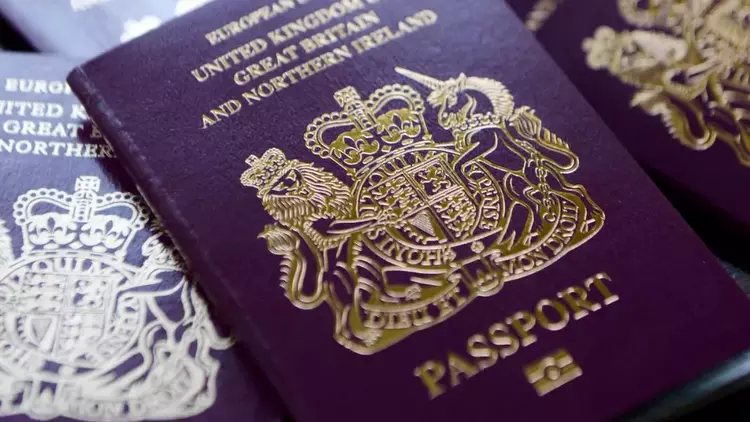
FATCA, FBAR, PFIC… this alphabet soup of tax/financial related acronyms can certainly send chills down the spines of Americans living abroad. And it should – the US is the only country on the planet (besides Eritrea) that taxes its citizens worldwide, and non-compliance can result in hefty penalties. Luckily, by understanding a few simple guidelines, you can better protect your savings while retiring abroad and never have to worry about the IRS. Here is some general financial advice for Americans retiring in the Philippines and elsewhere.
FATCA
FATCA (the Foreign Account Tax Compliance Act) entered into force in 2010, and it has been reinforced during the past several years. Before, the government was relatively lax on tax reporting for Americans abroad. But today, it’s essential to report all your assets and financial activity every year. To ensure overseas Americans are tax compliant, the US has signed deals with thousands of companies and countries (the Philippines included) to ensure they report their transactions with Americans to the IRS.
That means if you’re making investments, or are earning money, or are using a bank account in a foreign country, those entities will report your activity to the IRS. When you file taxes and don’t report the same activity, the IRS sees that it doesn’t match and believes you are evading taxes. We all know that the consequences for tax evasion aren’t good.
My advice to stay FATCA compliant is to report everything each year via a qualified expat CPA. I stress expat because a CPA back home most likely doesn’t have the qualifications or knowledge to work with Americans living abroad effectively, the rules are very different. Even if you’re making under $100,800 (the current foreign earned income exclusion amount) and don’t owe any tax to the government, you’re still required by law to report everything correctly.
FBAR
The Report of Foreign Bank and Financial Accounts, or FBAR for short, is a particular form for reporting foreign bank accounts. The IRS website states that you are required to report an FBAR form if you have “a financial interest in or signature authority over at least one financial account located outside of the United States, and the aggregate value of all foreign financial accounts exceeded $10,000 at any time during the calendar year…” If you have a bank account with $10,000 (or the equivalent in foreign currency) or more, you must report it.
FBAR forms are available online and can easily be done by yourself. The most important thing is just doing it. That being said, having a professional review your info is never a bad recommendation, it’s better safe than sorry.
PFIC
PFIC stands for Passive Foreign Investment Company, and they can be quite nasty! In simple terms, most non-US investments, mutual funds, pension plans, life insurance products, etc., can result in a very high tax on gains each year. There are fantastic, tax-efficient investment products available to most foreign nationals living abroad, something that can add significant value to your golden years, but Americans must be very careful when making investments while retiring/living abroad.
At risk of sounding like a broken record, it may be a good idea to have a qualified expat professional review any non-US investments you possess to ensure they’re not PFICs. If you’re looking to make new investments while abroad, ask if they are PFICs or not. As a rule of thumb, if it’s not US-based, there’s a good chance it’s a PFIC. There are indeed specific, SEC compliant investments available to Americans living abroad, but the options are especially limited when compared to what other nationalities have available.
As you can see, it’s best to ask questions and, most importantly, report absolutely everything – honesty is the best policy. The IRS won’t accept “I didn’t know” as a legitimate excuse. If you’re FATCA compliant, you have absolutely nothing to worry about except working on your tan in paradise!
Keep the IRS off Your Back! Advice for Americans Abroad














